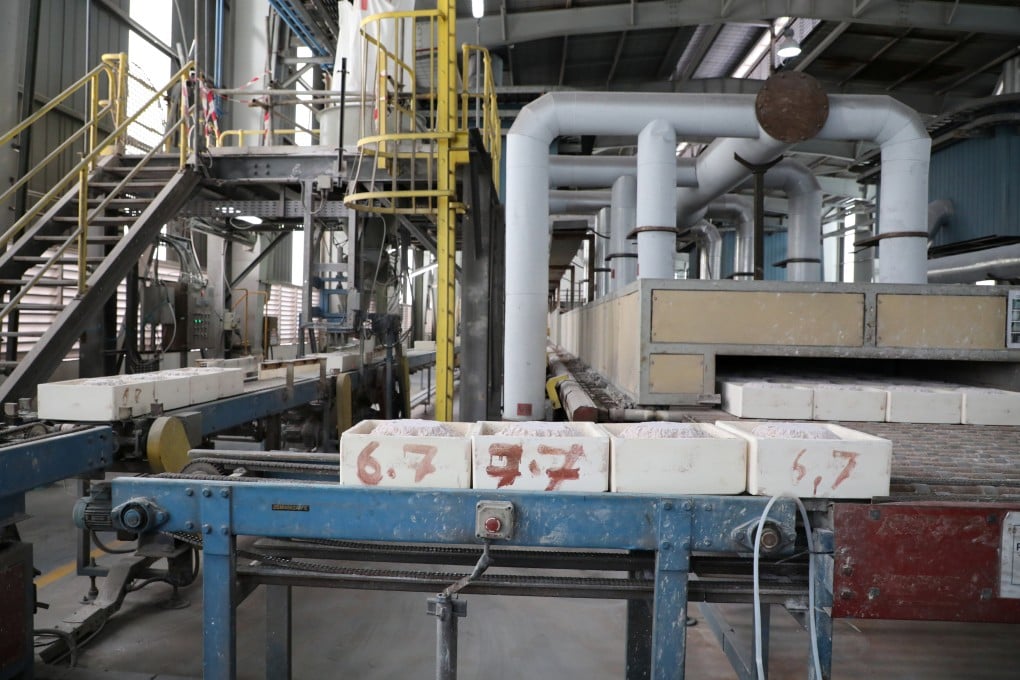Advertisement
As Australia’s Lynas weighs its Malaysia operations’ future, a US rare earths option emerges
- Lynas’ CEO says she’s optimistic Malaysia can be persuaded to review its hardline position on operations that produce radioactive by-products
- Malaysia’s lower production costs and strategic location give it an edge over Texas, Lynas’ other option, where ‘rare earth tourism’ is also a risk
Reading Time:5 minutes
Why you can trust SCMP
9

Australia’s Lynas, the world’s largest producer of rare earths outside China, predicts plenty of growth as it capitalises on the West’s efforts to end its dependence on Chinese minerals, despite there being a rocky road ahead.
Its CEO Amanda Lacaze also told This Week in Asia she hoped Malaysia, where the company has had a manufacturing plant for a decade, would be poised to seize opportunities emerging amid ongoing shifts in the industry – a vital sector for the green transition – and hinted that Kuala Lumpur might be reconsidering its hardline position on operations that produce radioactive by-products.
Lower rare earth prices have seen Lynas’ revenues slump to A$157.5 million (US$104.85 million) – substantially down from the A$294.5 million it reported in the same quarter in 2022, though still well above its pre-2021 revenues.

Prime Minister Anwar Ibrahim’s government has given the company – which describes itself on its website as an “environmentally responsible producer of rare earths” – until January for the plant to be radiation-free. A previous deadline of July was extended in May.
Rare earths are vital for many products, helping power electric vehicles, wind turbines, smartphones, military jets and missiles. However, refining the minerals often means extracting radioactive elements that are mixed in alongside them. If not properly handled and disposed of, the waste poses a serious risk to human health.
Lynas asked Malaysia’s top court to review its licence in April, saying current requirements on radiation are different from what was initially agreed.
Extraction and refining usually rely on harsh chemicals, produce a lot of waste, and are expensive and labour-intensive, although there are newer, greener ways to pluck rare earths from the ground.
Advertisement